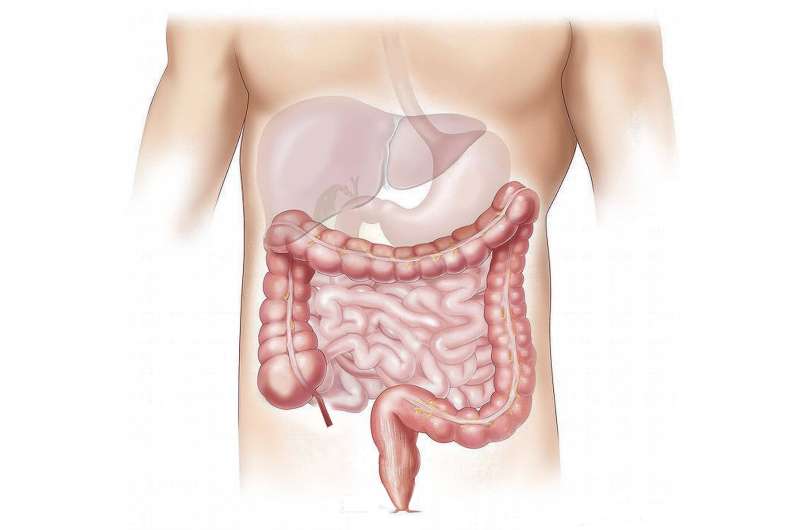Assessing Australian Nurses’ Readiness for Disaster Response

Recent research highlights gaps in disaster response training among Australian nurses, emphasizing the need for comprehensive education to handle increasingly complex emergencies. Improving preparedness can lead to better outcomes during disasters.
Australian nurses have historically responded to numerous disaster events over the past six years, including natural calamities, mass emergencies, and health crises. However, recent research conducted by Charles Darwin University (CDU) indicates that despite their extensive experience, nurses may still lack comprehensive preparedness for large-scale catastrophes. The study, published in the journal Health Emergency and Disaster Nursing, highlights critical gaps in disaster training and resilience among nurses in Australia.
Since 2019, Australia has experienced nearly one disaster event every ten days, encompassing a wide range of incidents such as natural disasters, public health emergencies, and environmental hazards. Disasters like the Hunter Valley bus crash, the Bondi Junction shopping center stabbing, and PFAS contamination exemplify the diverse emergency scenarios that health professionals may face.
Lead researcher Angela Sheedy, CDU’s Health Science Course Coordinator, emphasizes that during the COVID-19 pandemic, nurses primarily played reactive roles rather than proactive ones, underscoring the need for better disaster preparedness. She states, "While Australian-trained nurses are among the best worldwide, the increasing frequency and complexity of disasters demand that they are equipped with comprehensive training. Malpreparedness can lead to poorer outcomes for communities during emergencies."
The complexity of modern disasters—pollution, terrorism, climate change, and public health threats—poses significant challenges to existing training protocols. Currently, disaster response education is not mandatory in undergraduate nursing programs, which may leave graduates underprepared for unpredictable scenarios. Sheedy advocates for the integration of all-hazards approach into the Australian nursing curriculum, emphasizing the importance of realistic training strategies.
Enhancing disaster preparedness among nurses is vital to improve community resilience and response effectiveness. As the frequency of global and local emergencies increases, equipping the future health workforce with the necessary skills and resilience is essential for efficient management and improved health outcomes in crisis situations.
Source: [https://medicalxpress.com/news/2025-05-australian-nurses-ready.html]
Stay Updated with Mia's Feed
Get the latest health & wellness insights delivered straight to your inbox.
Related Articles
Innovative Technique May Boost Infant Heart Transplants by 20%
Duke Health's new on-table heart reanimation technique has the potential to increase pediatric heart transplants by up to 20%, providing new hope for children in need of life-saving procedures.
Innovative Therapy Shows Promise for Rare ALS Treatment
A groundbreaking experimental drug shows promising results in treating a rare, genetically driven form of ALS, highlighting hope for functional recovery and disease modification.
Massachusetts Mandates Coverage for Vaccines Regardless of CDC Recommendations
Massachusetts will now require insurance providers to cover vaccines recommended by the state's Department of Public Health, regardless of federal CDC guidance, to ensure better vaccine access for residents.
Advanced Genomics Enhances Detection of Difficult-to-Identify Diarrheal Infections
A comprehensive study from the University of Liverpool uses cutting-edge genomics techniques to improve detection and understanding of challenging diarrheal infections, promising better diagnostics and targeted treatments.



